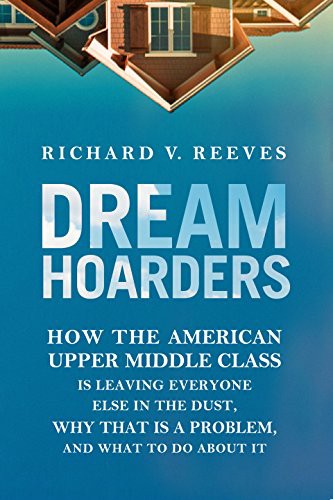While I don’t agree with everything Sebastian Junger writes in Tribe: On Homecoming and Belonging, I love the way he manages to articulate some things that I’ve noticed but never been able to describe.
Just last weekend I was camping, and we had this torrential rain storm. People rushing to get their boats off the water were hurrying so much that they lost their boats off the trailers. Rain came down so hard and quick, it broke tent poles and tents literally floated away. People had to dig trenches to get water out of their campsites. And it was fun. Granted, my sleeping spot was completely dry, so I speak from a position of privilege. But everybody getting together to help make sure people were ok, finding ways to keep important things dry, finding dry places for people to sleep and ways to feed everyone, that was fun. There was a real feel of community. Of adventure. Of responsibility.
When I tell people it was fun, they give me this look and then I end up back peddling, trying to describe what I mean. Sebastian Junger describes it well. He talks about how social bonds are reinforced during disasters and “that people overwhelmingly devoted their energies toward the good of the community rather than just themselvesâ€. Social differences and economic inequalities are temporarily irrelevant, at least until outside aid comes in.
Communities that have been devastated by natural or man-made disasters almost never lapse into chaos and disorder; if anything, they become more just, more egalitarian, and more deliberately fair to individuals. — Sebastian Junger
The same thing happens to our veterans. They join a community that’s closely knit, that trains, sleeps and eats together. They are placed in high stress combat situations where they work together regardless of background or previous social differences. Where they all have a job, they are all needed and they all work together. Ask a veteran you know about their “teamâ€, about the people that served with them. Most of them have told me they’ll never be that close to any other group of people in their lives.
Then we bring them home. To this super loose knit society. One where not many of us are needed beyond our immediate family. One where our purpose in life, our job, is not often clear. Or doesn’t feel like our job fits into a higher purpose. As Junger says, “part of the trauma of war seems to be giving it up.â€
We all need to feel like we are part of a tribe. We need to feel connected to other people and we need to feel like our work is meaningful, that it helps others.
Just yesterday I read an article in the New York Times that theorizes that we can get teenagers to eat healthier by getting them to contribute to a cause as a community: “as students work together towards a shared purpose, the impulse to resist authority fades.â€
So is modern society broken? Does it make people feel unnecessary? What tribes do you belong to? During what moments do you feel most useful and connected? What moments make you feel like your life has the most purpose?
I am also doing a series of 22 pushups for 22 days to raise awareness for veteran suicides.




